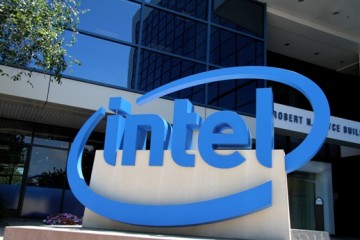 Chipzilla is starting to expand its foundry business to include some serious business partners for the first time.
Chipzilla is starting to expand its foundry business to include some serious business partners for the first time.
Forbes reported that Intel has started making chips on behalf of Altera, which is certainly a much bigger fish than the names it has previously outted as business partners including Achronix Semiconductor. Of course Intel makes chips for HP and still has to produce the Alpha chip as part of a SEC settlement but no one ever mentions that these days.
It all makes for an interesting symbiotic relationship. Altera’s programmable chips get to use Intel’s upcoming 14 nanometer trigate transistor technology which will help it steal the march on its nearest rival Altera’s largest competitor and long-time rival is FPGA founder and market-share leader Xilinx .
It also means that Altera can keep established business relationships with the likes of TSMC who will continue to make its more elderly offerings.
Meanwhile Chipzilla gets someone who will ultimately pay for the huge amounts that Intel needs to keep its fabs at the cutting edge. It also means that it does not have to mothball plants because the PC business is in the doldrums thanks to the recession.
But with Intel attempting to obtain new customers, it could be that it will become a foundry for many other surprising names. Already Apple has been mentioned, although not by name.
Sunit Rikhi, Vice President and General Manager of Intel custom foundry, told the Mercury that if Intel was called upon to serve large mobile customers who can drive a lot more volume, it could serve them today in terms of capability.
He added that he was confident we have a very strong platform of offering upon which we can scale and that there was no doubt in his mind the foundry business will be a significant player in the future”.
RBC analyst Doug Freedman agreed saying that Intel had crossed over the line from it just being a questionable experiment to working with important clients.
Altera Chief Executive John Daane said that Altera, which depends on communications infrastructure for about half of its business, is the only major programmable chipmaker that will have access to Intel’s plants.
“We are essentially getting access like an extra division of Intel. As soon as they’re making the technology available to their various groups to do design work, we’re getting the same,” he said.
Daane said Intel’s manufacturing technology will give Altera’s chips a several-year advantage against Xilinx, its main competitor in programmable chips. He said Altera would continue to make other chips with TSMC, its long-time foundry.





